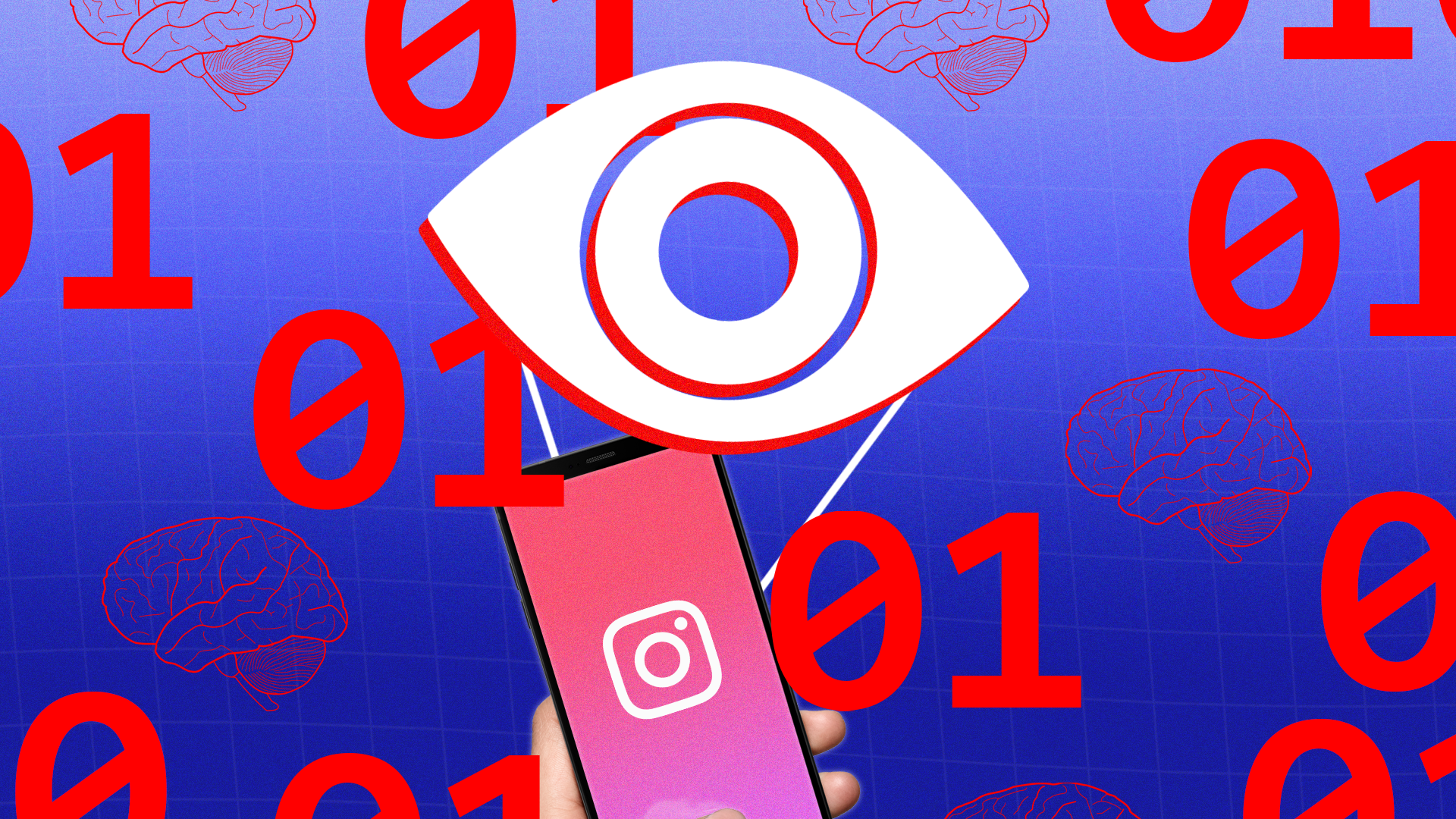What does the report say?
Using focus groups, surveys, and journal studies, detailed feedback was collected from the platforms’ users in the UK and US. The data consistently supported the notion that Instagram is detrimental for a large majority of young people, but especially for teenage girls.
One slide from a 2019 report reads, ‘we make body issues worse for 1 in 3 teen girls,’ while a report from March 2020 states, ‘thirty two percent of teen girls and fourteen percent of teen boys said that when they felt bad about their bodies, Instagram made them feel worse.’
Marketing executives, product design teams, and data scientists suggested this is caused by ‘social comparison,’ the behaviour of measuring one’s own personal value, attractiveness, and success against others. It was internally agreed that this habit of comparison is facilitated by and is unique to Instagram.
The environment fostered within the app has been called the ‘perfect storm’ for this to occur. It virtually gave birth to influencer culture, has mastered targeted advertising, and supports face-altering filters – all of which can fuel users’ feelings of inadequacy.
It should come as no surprise then, that the respondents said they ‘blame Instagram for increases in the rate of anxiety and depression’ without even being prompted on the subject of mental struggles.
The researchers were most shocked to discover that amongst those who reported having suicidal thoughts, 13 percent in the UK and 6 percent in the US felt Instagram played a part.
How does Facebook wash its hands of social responsibility?
Before this leak, Facebook had downplayed its role in affecting teenagers’ mental health. The report is evidence that the company is not only very aware of its capability to influence its users’ wellbeing, but is also unwilling to address it as an issue publicly.
In fact, Mark Zuckerberg was adamant in suggesting that the social platforms are ‘more likely to have positive mental health effects’ in March of this year. Meanwhile the head of Instagram, Adam Mosseri, said he’d read reports that the platforms impact on users’ mental health was ‘quite small’.
Even now, Instagram’s head of public policy has defended the study in a blog post, saying that all journalistic reports on the leak are focused on a ‘a limited set of findings and [are casting] them in a negative light’.
What happens next?
Well, you may have heard that Zuckerberg was conjuring up plans to introduce ‘Instagram Youth’, a version of the platform designed for 13-year-olds and under. Already met with some scepticism from policymakers, parents, and regulators, it doesn’t look likely to go ahead.
US Senators have written a letter to Mark Zuckerberg in response to the leaked report, citing his March testimony in which he had stated that social media experiences were ‘broadly positive’ for users.
At the same Congress hearing, he had stated that the company’s internal research on teen experiences on his platforms had been inconclusive – which we now know to be untrue.
Senators have accused the company of being overly blasé during the questioning by ‘providing evasive answers that were misleading and covered up clear evidence of significant harm.’
The letter suggests Facebook abandon all plans for the development of youth-directed platforms and also requests it to share any other user-focused reports they have conducted internally or externally.
It’s clear a significant amount of trust has been lost, with senators wondering ‘what Facebook might be hiding,’ comparing them to Big Tobacco firms who glamourised cigarettes whilst knowing their array of serious health risks.
Could this turn into a full-on lawsuit, profoundly changing the interface of the world’s most popular – and toxic – social media application? For the sake of our generation and the ones to come, let’s hope so.





















